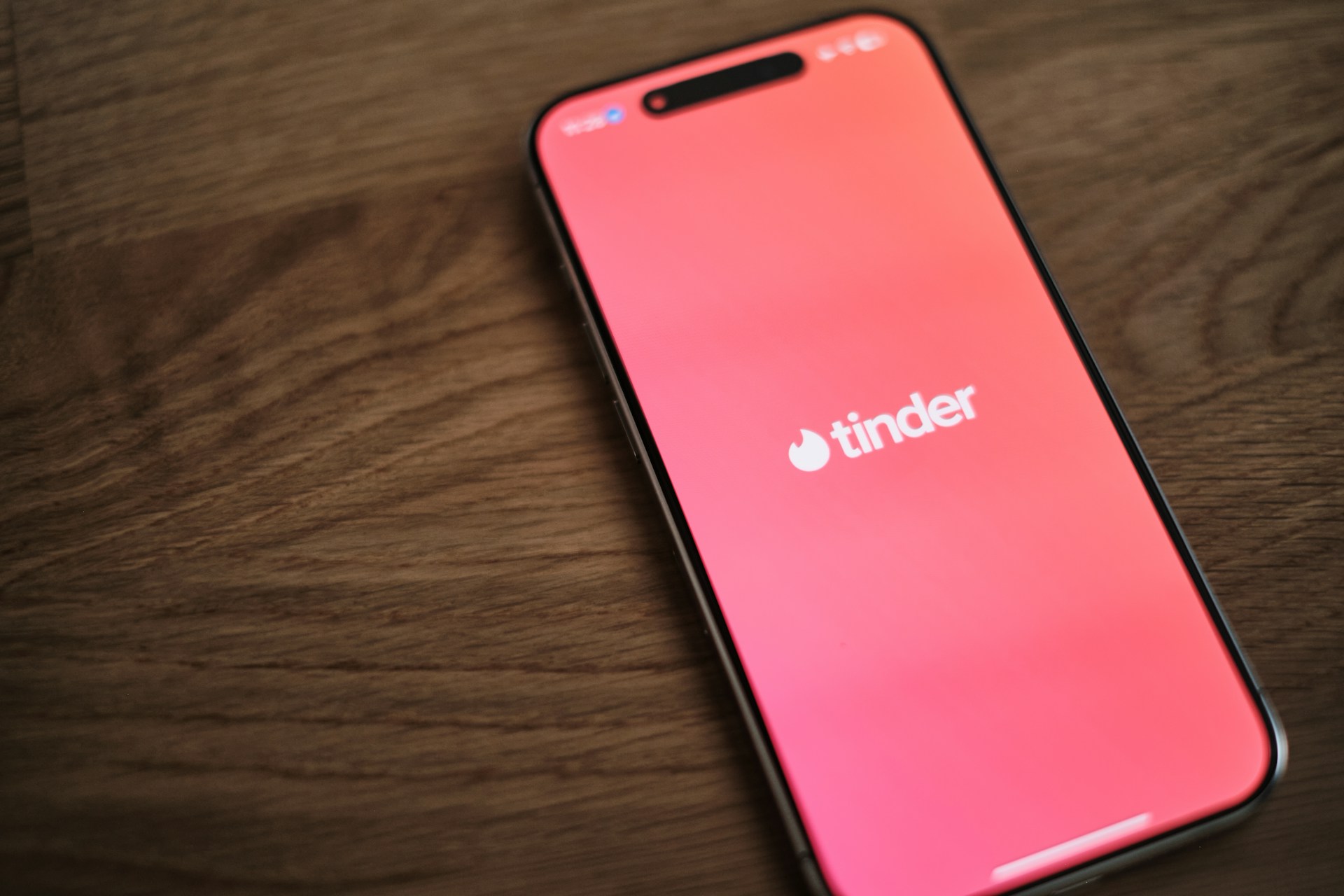
Tinder will soon ask users to let artificial intelligence (AI) scan their camera rolls to find them better dates, as the struggling dating app bets personal data access can reverse nine straight quarters of subscriber losses.
The feature, called Chemistry, requires users to grant permission before AI analyzes their smartphone photos. Match Group CEO Spencer Rascoff called it “a major pillar of Tinder’s upcoming 2026 product experience” during Tuesday’s earnings call.
Users who opt in will answer interactive questions while the AI examines their photos to identify interests and personality traits. Someone with hiking photos might match with outdoor enthusiasts. The system would then suggest a limited number of highly compatible profiles daily.
“[Chemistry] gets to know users through interactive questions and, with permission, learns from their camera roll to better understand their interests and personality,” Match Group said. “Using deep learning, Chemistry combats ‘swipe fatigue’ by surfacing a few highly relevant profiles each day, driving more compatible matches and engaging conversations.”
Tinder’s revenue dropped 3% year-over-year last quarter while paying subscribers fell 7%, continuing a two-year decline that has crushed Match Group’s stock price by 80% since 2021.
Testing Chemistry will cost Tinder $14 million in fourth-quarter revenue, Match Group disclosed. The company is piloting the feature in New Zealand and Australia before expanding to other countries in the coming months.
Privacy advocates might question whether better matches justify such intimate access. Your camera roll contains far more than dating profile photos—screenshots, memes, documents, and personal moments never meant for public viewing. Even with opt-in consent, users must trust Tinder’s AI to analyze only what’s relevant for matchmaking.
Other dating apps are racing toward similar AI features. Grindr has launched an AI “wingman” for conversation advice, while Bumble plans to introduce its own AI matchmaker by year’s end. Hinge uses AI to give profile feedback and recently enhanced its matching algorithm with generative AI, increasing matches by 15%.
The industry calls its core problem “the cycle of despair.” People download apps, burn out from swiping or ghosting, delete them, then return months later. Dating companies hope AI matchmakers can break this pattern by delivering quality over quantity.
Young users increasingly prefer meeting people offline, creating additional pressure. Some have joined 6 a.m. running clubs or attended singles nights specifically to avoid apps altogether.
Match Group hasn’t announced if Chemistry will eventually charge for the service. The company is only betting that users will trade privacy for the promise of fewer, better matches.

















